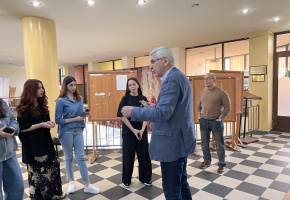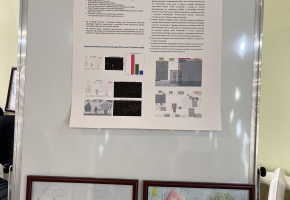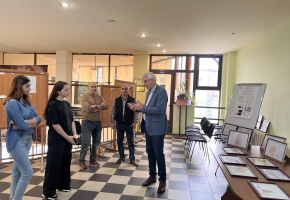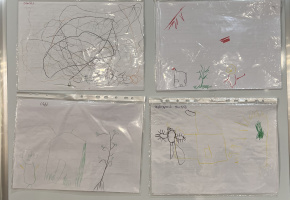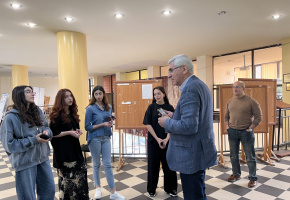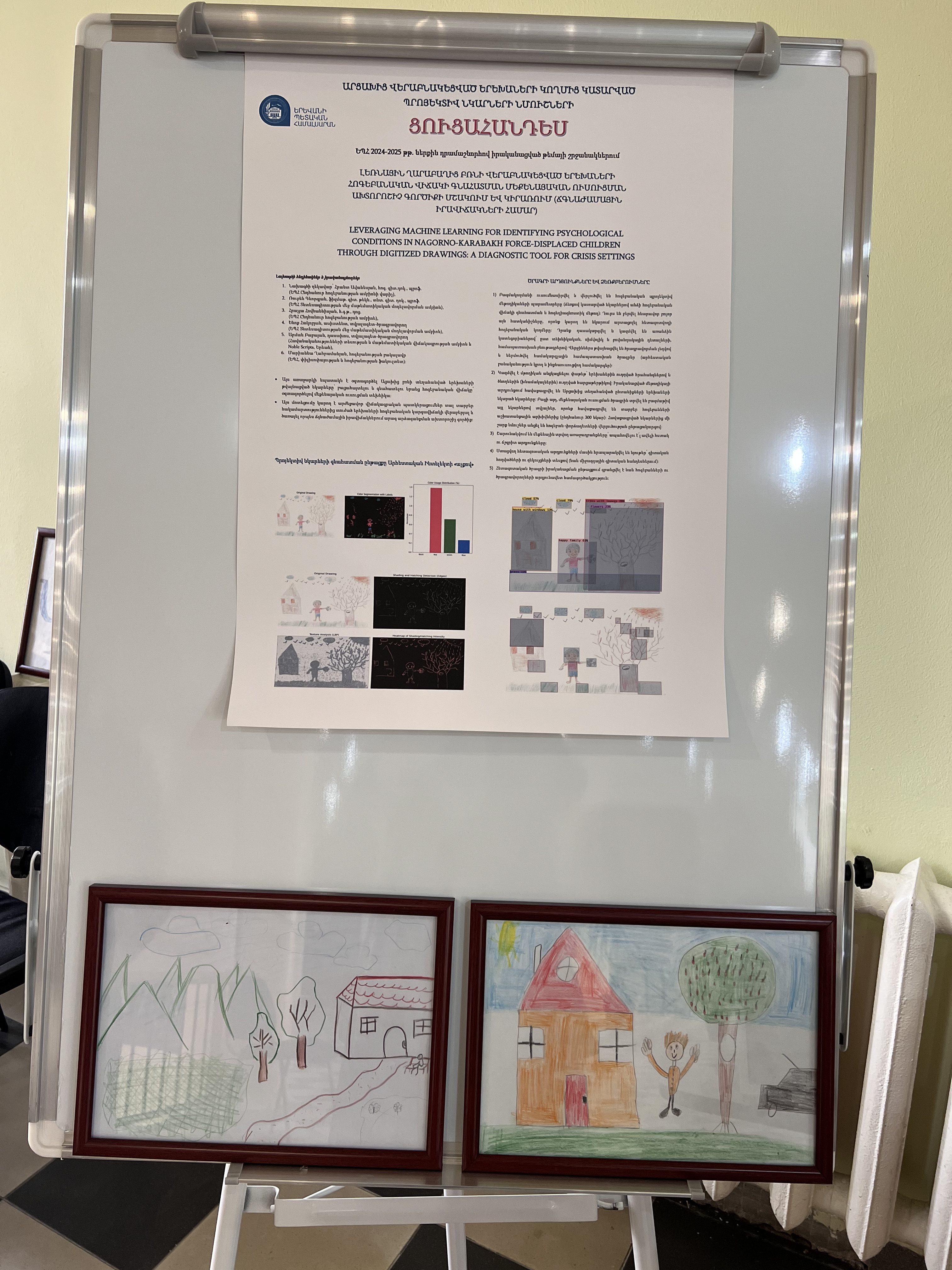July 11, 2025 | 10:26
Education
Society
Research
AI as the psychologist’s "assistant"
The application of artificial intelligence (AI) across various sectors—from healthcare to finance and industry—is no longer a novelty. However, the intersection of AI and psychology has been discussed very little. A study conducted within the framework of an internal academic grant at Yerevan State University shows how AI can "learn" psychology and evolve into a powerful tool capable of professionally assisting psychologists by providing rapid psychological assessments.
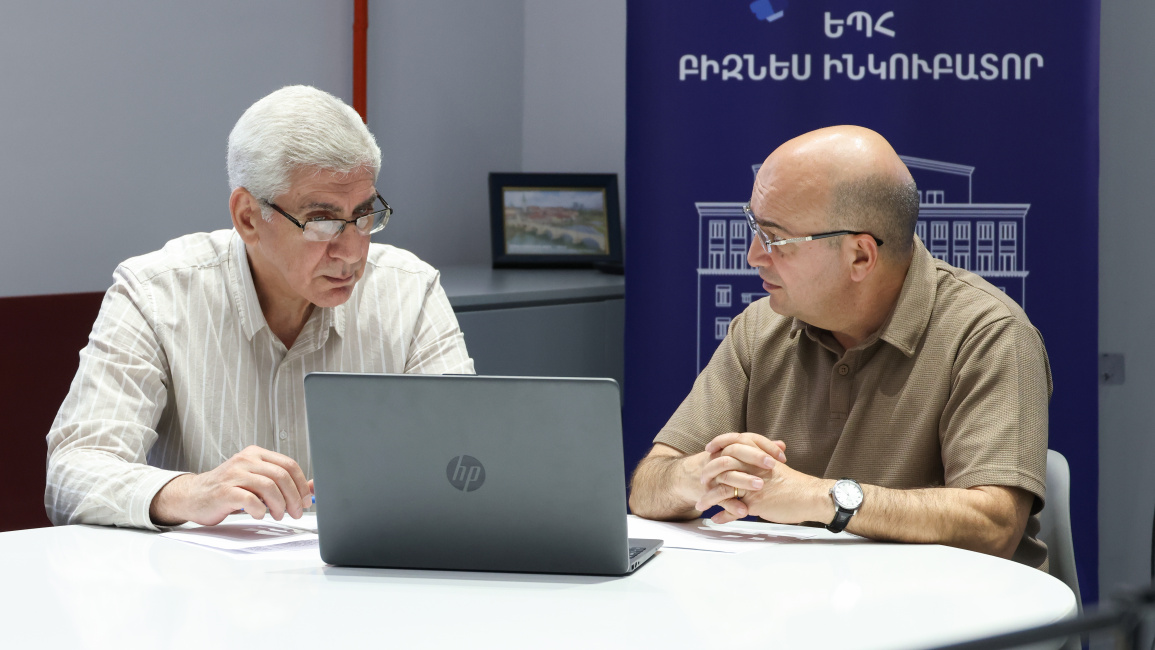
In 2024–2025, a research project titled "Development and Application of Machine Learning Tool for Assessing Psychological State of Children Forcibly Displaced from Nagorno-Karabakh" was carried out within the framework of YSU internal academic and research grant program. The study aimed to use the digitized drawings by children forcibly displaced from Nagorno-Karabakh to identify and assess their psychological state using machine learning tools. By conducting interdisciplinary research in data science and psychology, the research team developed an AI-based tool capable of performing some core psychological assessment functions.
The machine learning algorithms were designed to detect subtle signs of psychological distress and track changes in emotional and mental states in a structured and accurate manner. According to Professor Hrant Avanesyan, Head of the Chair of General Psychology at YSU Faculty of Philosophy and Psychology and the project lead, the idea to implement this project in collaboration with Ruben Gevorgyan, Director of YSU Business Incubator, emerged as soon as they heard about the call for the competition. A team was formed, which, in addition to researchers, included fourth-year students displaced from Artsakh.

"In the post-war period, assessing the mental health of displaced populations—especially children—has become particularly relevant," noted Professor Hrant Avanesyan. "For children, it is often more effective to use indirect methods rather than straightforward testing. In psychology, projective tests—especially those based on drawings—are widely accepted for this purpose. At YSU Psychology Research Center, we work with such projective methods that evaluate children’s psychological states through specific thematic drawings."
He added that it is crucial to understand what psychological changes are occurring among children. In parallel, the research team conducted surveys among the children's parents to better understand how they experienced displacement, how they were relocated and resettled in Armenia. These data remain highly relevant for maintaining the mental health of the affected population.
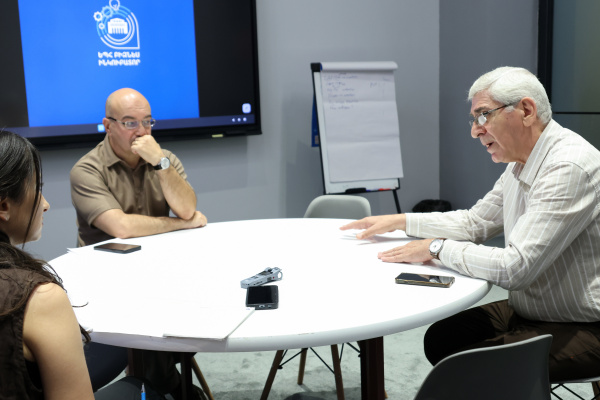
"Generally, analyzing projective tests is a complex process that requires high professional competence and experience. It involves interpreting the nature of the drawings, the pressure of pencil strokes, color usage, and how the space on the paper is used. For instance, when a child is asked to draw on a blank sheet of paper, using the full page is considered normal. However, children who experience anxiety or fear may limit their use of space or place drawings in corners of the paper—details which are important indicators. Based on our knowledge, we began teaching the AI system how to interpret such projective tests," said the psychologist.
Toward the final phase of the project, YSU Faculty of Philosophy and Psychology hosted an exhibition of the children’s drawings, which was open to YSU students. The event also served as a presentation of the research project.
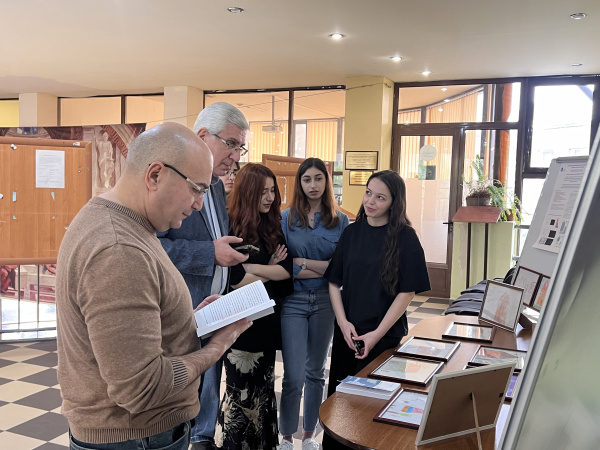
In the early phases, programmers and researchers jointly analyzed a large volume of publicly available drawings online. This allowed them to evaluate the AI model’s interpretive capacity and to integrate scientifically validated parameters specific to projective drawing tests. Later, more than 50 drawings from forcibly displaced children were collected and analyzed.
According to Hrant Avanesyan, the psychological assessment results indicate that the children’s emotional conditions and stress levels were closely tied to their adaptation process in Armenia. For example, in the "House-Tree-Person" projective test, the house is considered a symbolic image. The size of the house, the presence of windows, the number of family members, and other elements are all interpreted psychologically. However, in many cases, the drawings did not clearly reflect the "house" concept. Tree placement and distance from other elements were also analyzed to reveal deeper psychological insights.
The technical challenges of the project were resolved at YSU Business Incubator.
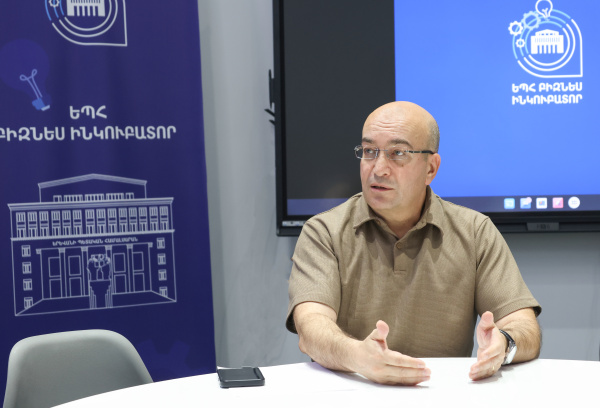
"One of the core goals of the research project was to develop an AI tool capable of analyzing children’s drawings based on established psychological principles. These principles can be programmed into an AI system, which then learns to interpret and assess children’s psychological states. As a result, the assessment is carried out not by a psychologist, but by the AI tool, allowing for faster analysis," explained Ruben Gevorgyan.
He added that efforts were made to automate the process and to assemble a team for the Business Incubator to implement the solution. However, it became clear that AI systems do not operate according to the same logic as human psychologists. The AI initially produced interpretations that did not align with expert psychological analyses, which made the task more complex.
"We had to 'retrain' the AI using newer theories and methods to develop a tool that would more closely replicate a psychologist’s reasoning. Scientifically, we succeeded in achieving that goal, but there is still a long and interesting road ahead to bring the results into full practical use," Ruben Gevorgyan noted.
According to him, the research outcomes will next be brought into the Business Incubator to transform the concept into a business and develop a mobile application. The project lead believes that if the machine learning phase is successfully implemented, the tool will be capable of generating psychological insights by analyzing drawings. However, he emphasized that such a tool is not intended to replace psychologists. It can offer assessment standards and preliminary analyses, but the final judgment about a person’s mental health must always be made by a qualified professional. This remains a sensitive process and is subject to ethical considerations.
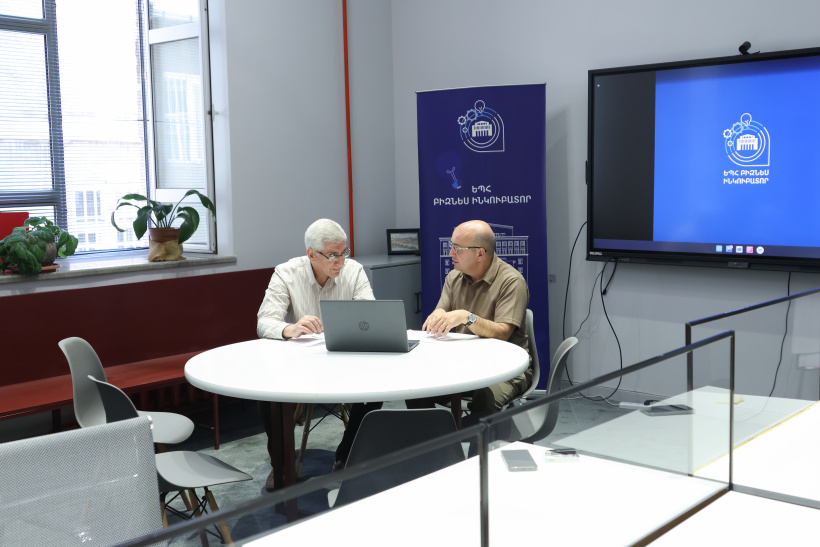
Hrant Avanesyan concluded by noting that the research phase funded by YSU internal grant has now ended, and the team is moving into the business development phase. Plans are in place to publish the research results and present the tool on international platforms.
"We aim to reach international audiences with our published work," he said. "This is a powerful tool with no borders—but additional funding and resources are needed for its further development and application."
The research team has already published two articles, participated in an international conference, and is currently preparing a third. Additionally, another article has been submitted to Scopus, one of the leading international scientific databases.

